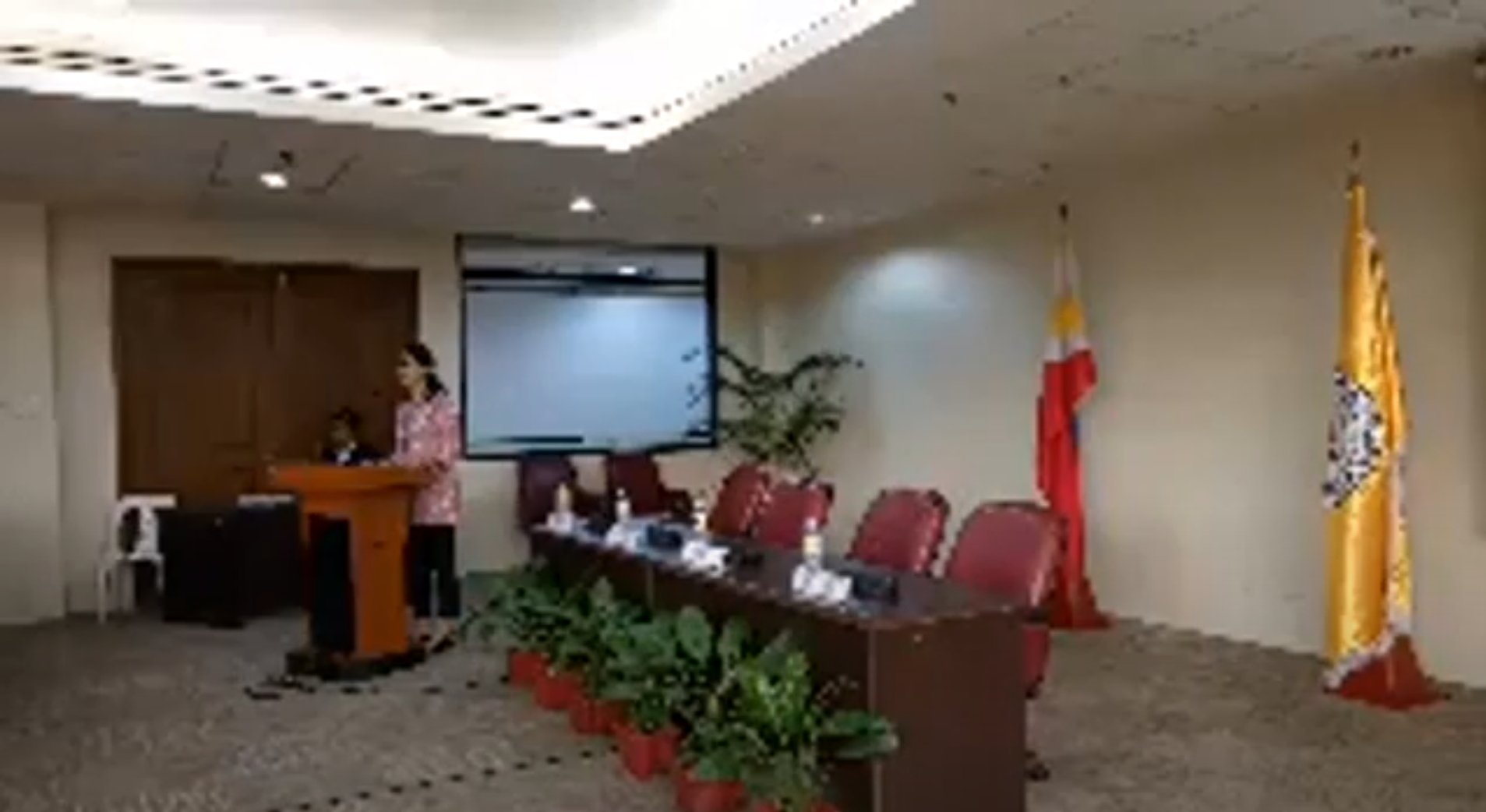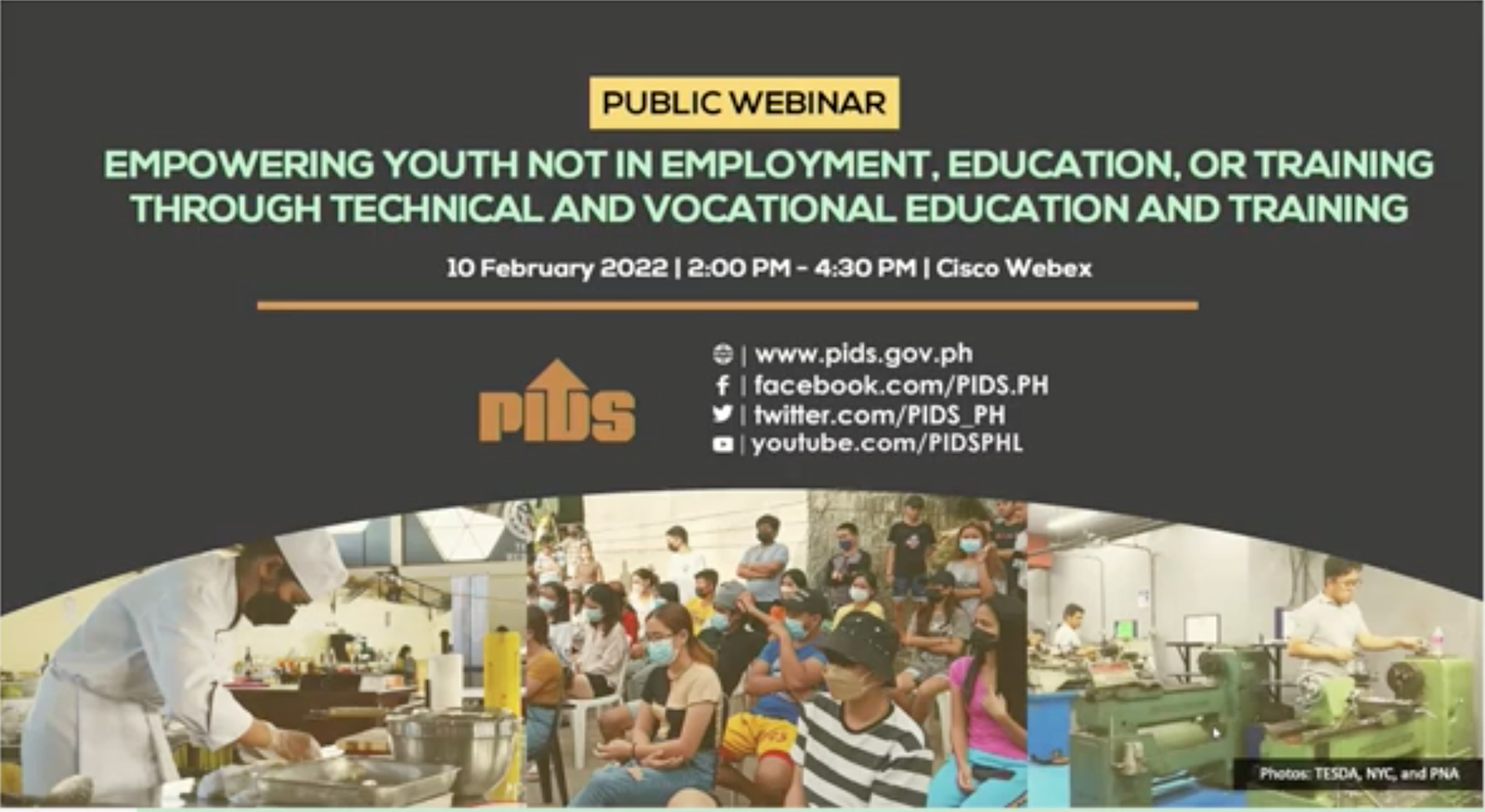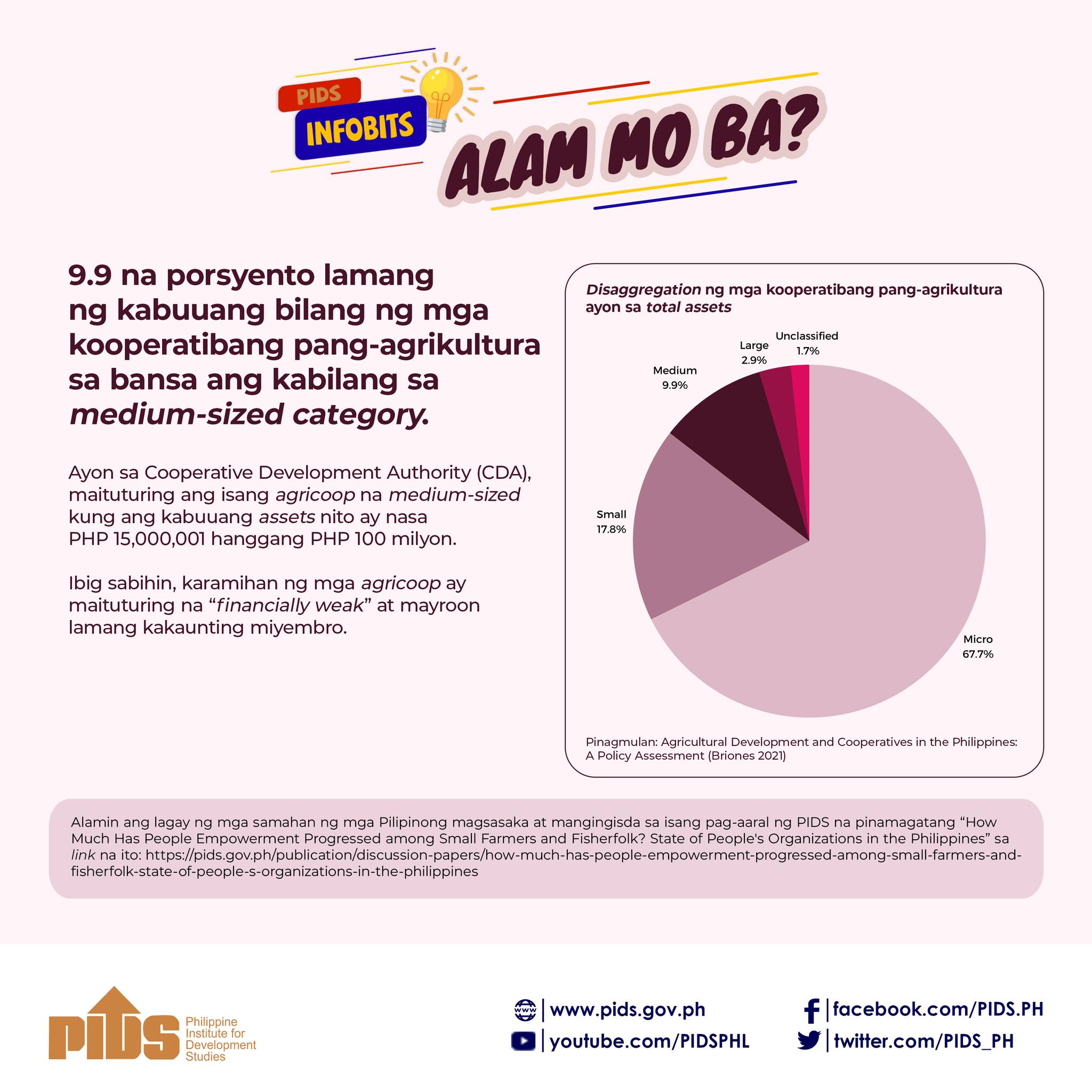MANILA, Philippines — Teaching the mother tongue or one’s native language as a separate subject in schools may soon be abandoned, the Department of Education (DepEd) told senators on Monday, although it will remain as a medium of instruction from Kindergarten to Grade 3.
During the Senate basic education committee hearing on the K to 12 law implementation status, DepEd Undersecretary Epimaco Densing III revealed the plan after reviewing the K to 10 program.
MANILA, Philippines — Teaching the mother tongue or one’s native language as a separate subject in schools may soon be abandoned, the Department of Education (DepEd) told senators on Monday, although it will remain as a medium of instruction from Kindergarten to Grade 3.
During the Senate basic education committee hearing on the K to 12 law implementation status, DepEd Undersecretary Epimaco Densing III revealed the plan after reviewing the K to 10 program.
“We intend to abandon the mother tongue as a subject, which is a separate learning area in the curriculum. And we will simply use the mother tongue, which is already the vernacular of the community, neighbors, and family, as part of the medium of instruction. No longer as a subject to be offered from Grade 1 to Grade 3,” he said.
Dropping the subject, according to Densing, would free up 50 minutes of teaching the mother tongue to learners. The time will instead be “reallocated” to the national reading and math programs.
He then reiterated that schools would continue to use the mother tongue as a medium of instruction as mandated by the Enhanced Philippine Basic Education Act of 2013 or Republic Act 10533, except when teaching Filipino and English subjects.
But Densing said DepEd is “already readying to make the major pivot to a fully bilingual program if a law will be passed amending or repealing Section 4 of R.A. 10533, suspending the use of mother tongue as a medium of instruction for K to 3.”
DepEd urged to think again
In the same hearing, however, Dr. Romylyn Metila, an associate at the Assessment, Curriculum and Technology Research Center, asked DepEd to thoroughly rethink its planned discontinuation of the mother tongue as a subject.
“Mother tongue is the key in strengthening the students’ skills in English and Filipino. If we can improve their mother tongue skills and properly implement the mother tongue-based multilingual education (MTB-MLE), this would also affect their mastery in English and Filipino,” she argued in a mix of English and Filipino, adding that this assertion can be further backed by theories and studies related to teaching languages.
According to the Philippine Institute of Development Studies, only nine percent of the sample size of 16,287 schools have complied with the four main conditions of DepEd – orthography, grammar, learning resources, and dictionary – in rolling out the MTB-MLE.
DepEd also reported that just 78,872 of the 305,099 teachers it had aimed to educate were proficient in using the mother tongue as a medium of instruction.
These figures alarmed Senators Sherwin Gatchalian and Pia Cayetano, arguing that it has been 10 years since the law’s passage, yet its implementation remains unimpressive.
Several experts and stakeholders likewise urged DepEd to bolster the enforcement of the MTB-MLE as they further asserted the crucial role of the mother tongue in building the students’ language expertise.
“Sa isang dekada po na na-experience natin iyong mga kakulangan nito, ito iyong dapat asikasuhin ng DepEd at ng mga ahensiya, lalo na siyempre ng Kongreso, dahil maraming bagay po rito ay may kinalaman sa budget, training at mga publikasyon,” Teachers’ Dignity Coalition chairperson Benjo Basas said, noting that the empowered use of one’s mother tongue is a human right.
(In the one decade that we experienced its inadequacies, this should be what DepEd and other agencies, especially Congress, is giving attention to because a lot of things here is relevant to the budget, training, and publications.)











